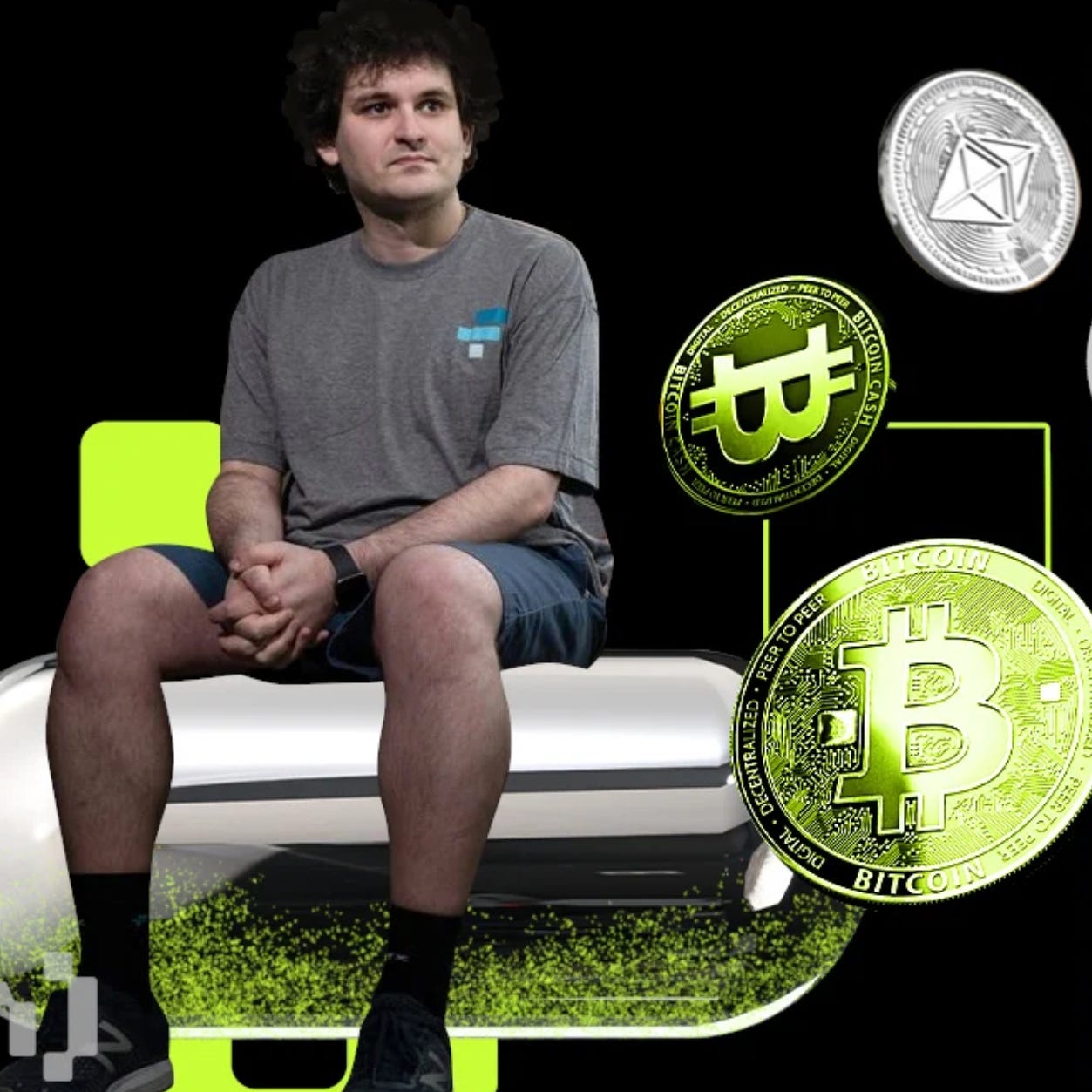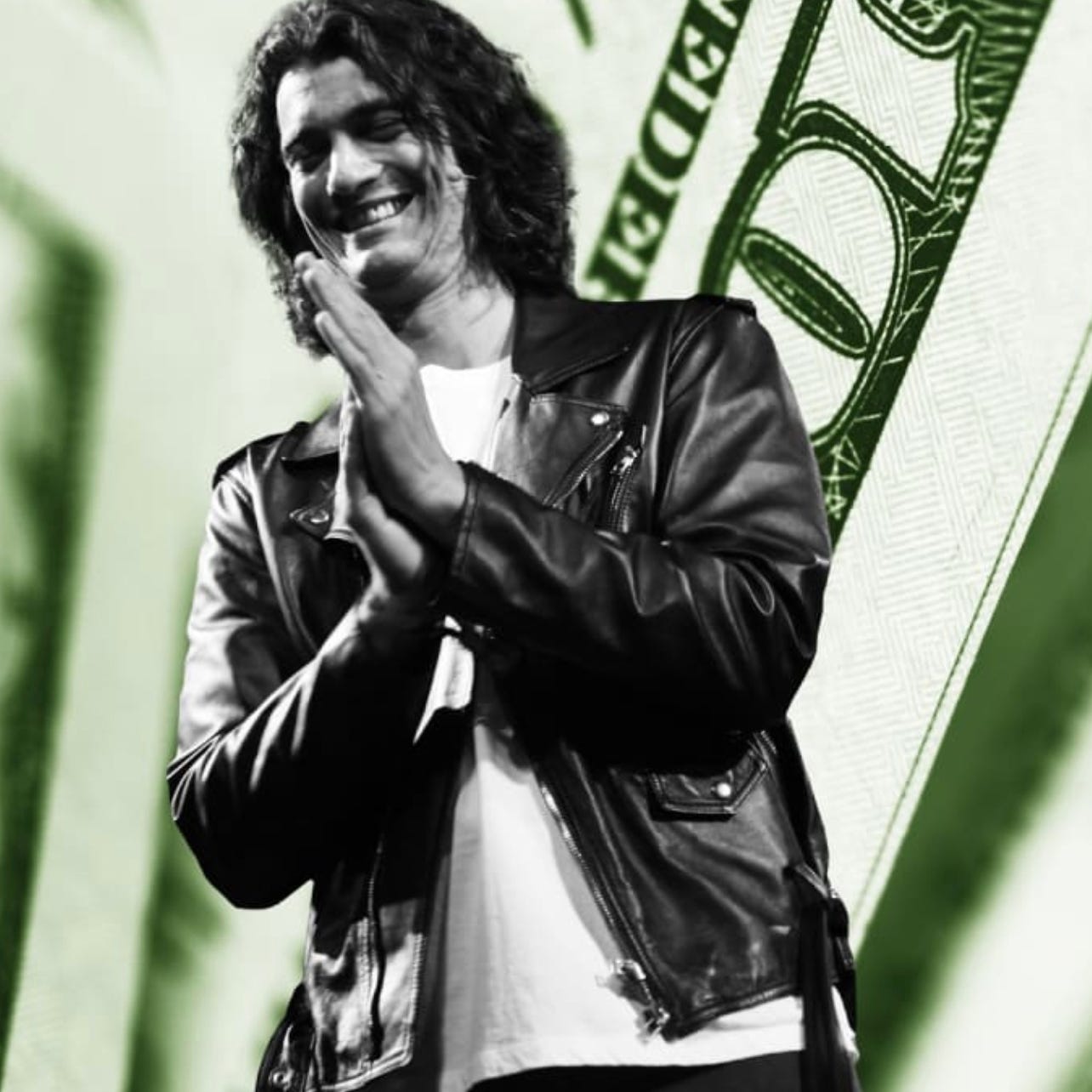The wars in Europe and the Middle East have stunned and silenced me these last few weeks. It is hard, and almost unethical I feel, to think, or write about anything else.
While the world’s attention and empathy is on the deaths of thousands of innocent civilians - there has been disturbing, if sometimes conflicting news in the financial markets.
First, the US stock market is booming, employment is high and wages there are finally catching up with inflation.
That is the good news.
The bad news, as I warned in my last post - is that the era of booming debt inflation is now turning into a spiral of rapid debt deflation. Debts are being paid down, written off, or defaulted on - and borrowing, including mortgage borrowing, is in decline. We are heading for a period of disinflation - dangerous for millions of heavily indebted borrowers.
For the fourteen years - yes, 14 years - that preceded the rate hikes of 2022 - central bankers kept interest rates below 1%. The purpose, as noted before, was mainly to provide ‘easy money’ to help Wall St. and the City of London recover from losses made in the Great Financial Crisis.
For much of that period, interest rates were negative relative to inflation. In a world of credit deregulation, negative rates were a massive incentive to borrow. Those needing cash were effectively paid to borrow - and money was available on a ‘no questions asked’ basis.
Central Bankers deployed Quantitative Easing policies that spewed out enormous quantities of credit for their clients - governments, commercial banks, ‘shadow banks’, pension funds, hedge funds and insurance companies.
That ‘Easy money’ fuelled a debt inflation - an enormous bubble of debt - that in turn fuelled the rise of asset prices. The system is now shifting into reverse.
Much of that credit/debt was used to make capital gains from speculation in financial, property and commodity markets. Worldwide, far smaller amounts went into investment in productive, employment-creating, income-generating activity - including investment in securing a more sustainable future for humanity. (Under President Biden, the US has proved the exception). That is largely because ours is a rentier global economy - where investors earn more from rents on assets they own than from productive investment in the creation of new assets. Rentierism is what Guy Standing calls the corruption of so-called ‘free market’ capitalism.
At the same time the big banks of Wall St. and the City of London, and the $239 trillion ‘shadow banking’ sector were together deemed ‘too-big-to-fail’ after the GFC. They are all effectively protected from losses by the world’s publicly-backed central bankers. That’s not the ‘free market’ either.
‘Shadow Banking’ is a highly leveraged sector that since 1998 has been responsible, according to the Financial Stability Board, for a
a series of financial incidents, stretching back to the 1998 collapse of Long-Term Capital Management, the 2008 global financial crisis, the March 2020 market turmoil, the 2021 Archegos failure, and the September 2022 dislocation in the UK gilt market.
The ‘shadow banking’ sector bailout of March 2020 was massive. And still little has been done to tame and regulate the sector.
Gambling on US Treasuries
On the 26th September, the FT published an article on the latest speculative concern: The debt-fuelled bet on US Treasuries that’s scaring regulators. The article set out to explain convoluted and complex ‘trades’ or bets on the direction of US Treasury bill prices - bets financed by ‘leverage’ or borrowing undertaken by many hedge funds. They’re the kind of complex financial engineering gimmicks that were popular - and profitable - before the GFC. This speculation matters because if the Treasury market goes haywire because bets go wrong - the whole financial system becomes vulnerable. US Treasury’s bonds provide the fundamental ‘plumbing’ (or collateral) of the private financial system - i.e. Wall St.
Having said that, the Street’s speculative trading is effectively “backstopped” - or guaranteed against losses - by the Federal Reserve of the United States, the Bank of England and the ECB. Morgan Ricks, a professor at Vanderbilt Law School raises the question of ‘moral hazard’ and worries that such ‘backstopping’ fuels speculation.
“…. I don’t think it’s unreasonable to think that the Fed’s implicit backstop of this trade is encouraging more of the trade to happen.”
Technocrats at central banks seem unperturbed by a) mountains of private debt and b) the scale of financial market speculation financed by debt. So unconcerned they aimed the dagger of high, real rates at the global bubble of debt. In doing so, they faithfully followed the Paul Volcker playbook of tackling inflation by hiking rates. According to the Federal Reserve’s History website: both the 1980 and 1981-82 recessions were triggered by Volcker’s tight monetary policy.
Is history about to repeat itself?
I think so. The debt bubble is bursting- and recession is looming, both in the US and in Europe. The ‘easy money’ chickens are coming home to roost.
In the US, mortgage applications are now down 50% and at the lowest levels since 1994, according to KobeissiLetter.
Also in the US, credit card defaults rates are higher than in 2008.
The picture looks painfully familiar.
What does it mean for future interest rate movements? My guess is that central bankers will start easing soon.
Three globalised companies illuminate the threat.
WeWork - the global, flexible workspace company - was valued at $47 billion in 2019, but now has unpayable debts of $2.9bn dollars, $13bn in longterm leases, and is rumoured (by the Wall St. Journal) to be filing for bankruptcy this week.
The co-founder, Adam Neumann left the company disgraced, but is now a multi-billionaire. Who cares? Perhaps thousands of firms, suppliers and banks that had provided goodwill and credit are the ones who will care.
WeWork is not alone. The US and UK’s Commercial Real Estate sectors went on a borrowing binge over the fourteen years of easy money. Today the capital values for UK offices has fallen by 15% since 2018, according to Capital Economics. So expect more bankruptcies.
Banks lent $13 billion to Elon Musk to finance his $44 billion purchase of Twitter. After a drop in advertising revenue of about 50 per cent, the company now values its equity at $19bn, the FT reported on the 30th October. Banks like Morgan Stanley, Bank of America, Barclays and BNP Paribas are already “nursing paper losses”. Expect that pain to be shifted on to others…
But the biggest bubble to burst in past weeks is that of the fake, fraudulent Monopoly money that is crypto. Sam Bankman-Fried, founder of the crypto exchange FTX, was found guilty of money-laundering and of defrauding crypto customers of $8 billion.
Perhaps the bursting of that particular bubble may finally gift regulators the political will needed to rein in the out-of-control, globalised market in fraudulent ‘money’.








Is there a link between the deflating of debt and the support for Israel by Britain and the US in the current war in Palestine?
Do The Simple Math and The Equally Simple, Deep and Resolving Wisdom Insight
If you do the simple math of a 50% Discount/Rebate policy at retail sale (the discount immediately doubles everyone's purchasing power, will greatly increase demand for virtually every enterprise without costing them a cent and resigns inflation to the dust bin of history while the accounting rebate back to the merchant makes them whole on their price, and then realize that the concept behind the new monetary paradigm is also the pinnacle concept of Wisdom namely grace as in the active form and expression of love, you begin to see the wider efficacy of what could become a mega-paradigm change for humanity. Like making going to the Mall a serial opportunity to feel/experience gratitude...instead of anger, resentment, cynicism and apathy. Just visualize an economy based monetarily and conceptually on grace for a moment and then realize another deep resolving simplicity like "As a man thinketh, so is he."
Who'd a thunk that economics, accounting and the money system wed to Wisdom might be the means of the breakthrough that both rejuvenated profit making economic systems and enabled it and ourselves to ethically ascend as well? Number of times thought translates into self actualized reality after all.
All one really needs to do is keep looking at the beneficial temporal universe and mathematical realities of such policies while also opening yourself up to looking at the benefits of aligning the economy with the relevant aspect of the deep, integrative and resolving simplicity of the concept of grace as in Gifting...until you break through any and all of the orthodoxies that new paradigms historically have always destroyed.
Oh, and finally realize that all a new paradigm really needs to win the day is a platform that clearly communicates its benefits.